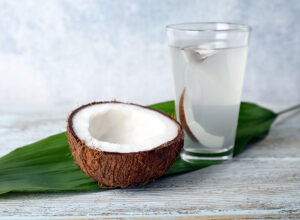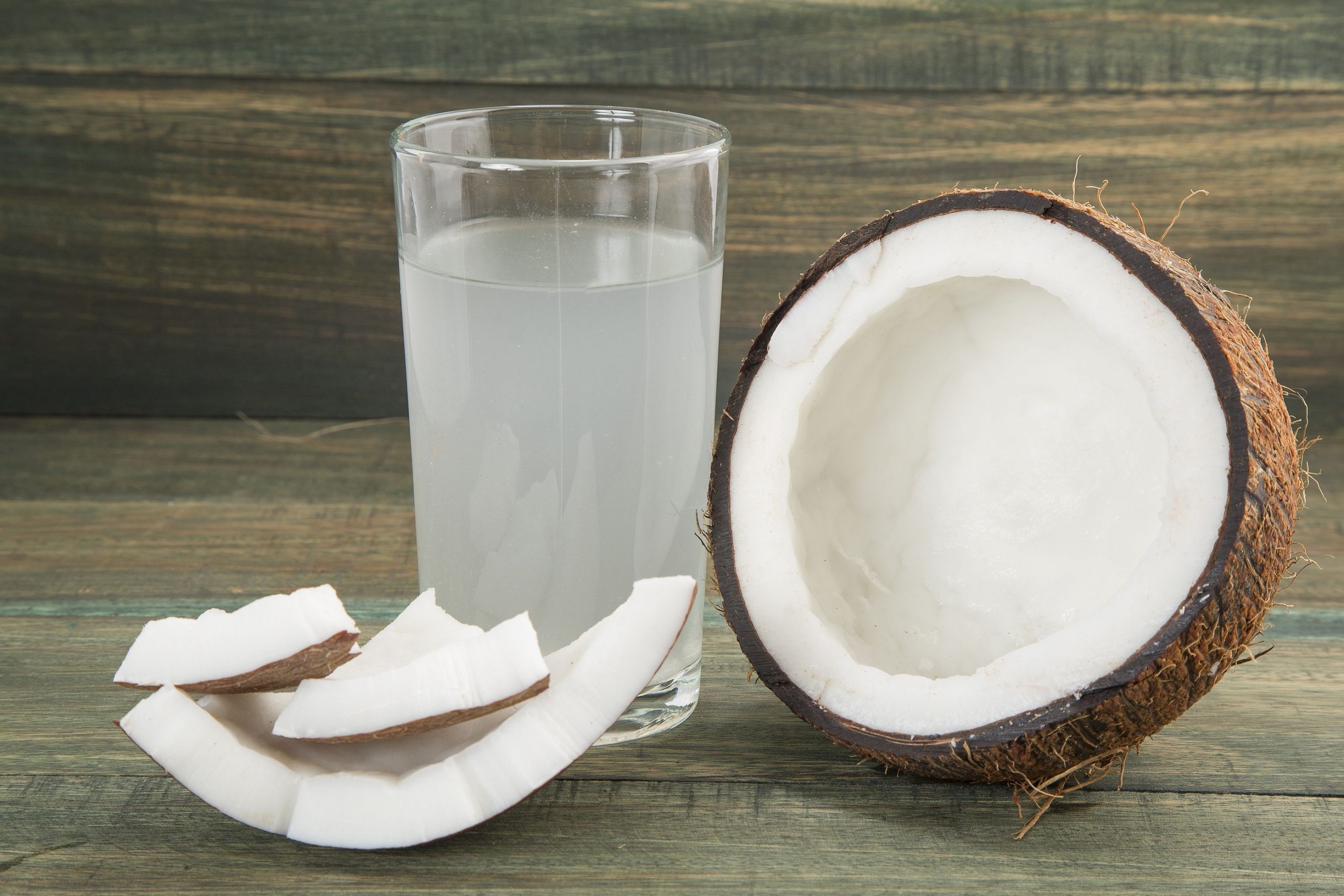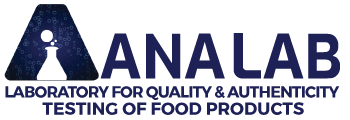Coconut Water Authenticity Testing
Coconuts are grown in various regions around the world. Indonesia has the world’s largest production, followed by the Philippines and India. These three countries were reported in 2018 to account for some 78% of global coconut production, with 12 other countries making up the remaining 22 %. South America and Asia reportedly accounted for over 90% of world consumption to 2018. European sales of coconut water seem likely to increase from a low baseline. Indeed, in recent years there has been a dramatic increase in the UK and global demand for coconut water due to its reputed potential as a sports drink and a natural isotonic drink. In 2016 some 45% of the UK supply of coconut water originated in Thailand.

The increase in its consumption and potential for variation in composition in commercial products makes a review necessary of the likely problems that may arise in the confirmation of the authenticity and the portability of samples submitted for examination. In recent UK surveillance of imported products described as coconut water 60% (7 of 12 samples) were found to contain added sugar although the sample size was small, and some of the implicated brand owners questioned the analytical procedure.
Stable isotope ratio mass spectrometry (IRMS) analysis is a powerful authentication approach widely applied for authenticity and geographic origin investigations. In particular, carbon IRMS is valuable in detecting exogenous sugars. Most plants can be classified according to their photosynthetic cycles as C3 or C4 depending on the number of carbon atoms in first molecules formed. The enzymes responsible cause enrichment of 13C to different extents, providing a means to differentiate C3 plant products such as coconut water from C4 plant products, such as cane sugar and maize derived syrups.
Coconut Water testing solution:
⦾ Detection of reconstructed coconut water
⦾ Detrection of coconut concentrate with added water
⦾ Detection of added C3 or C4 sugar

